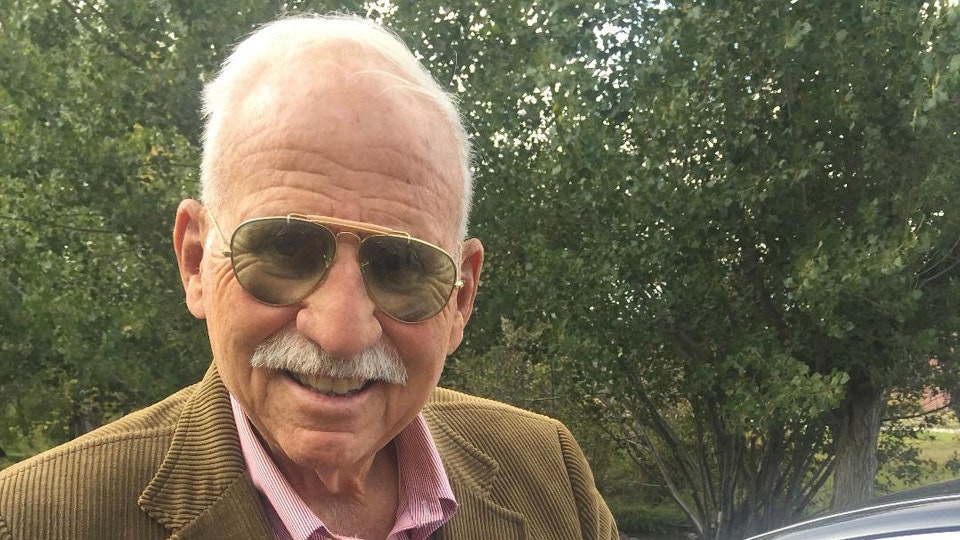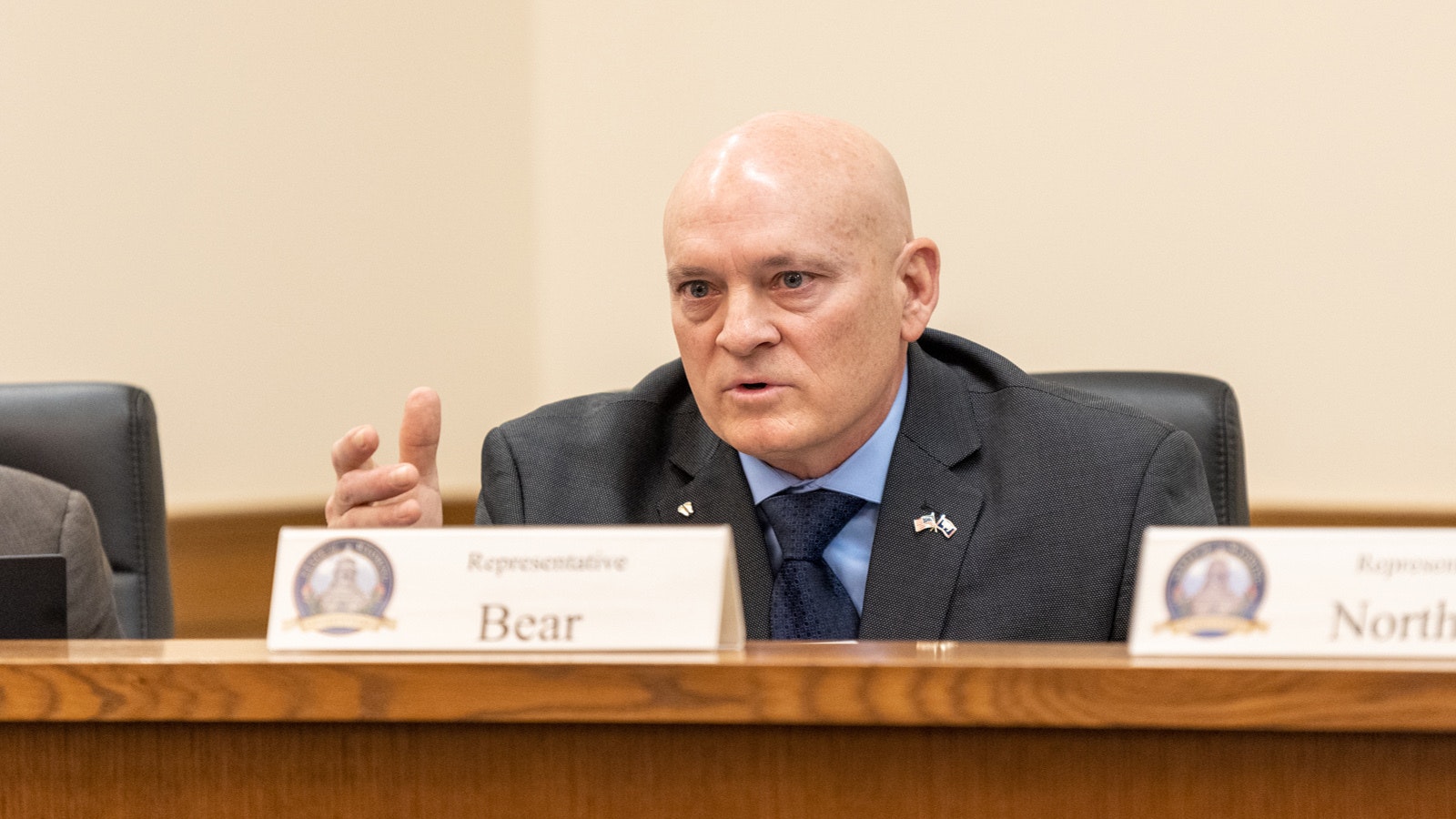Last week a column ran in The Hill titled, “Why Are Arkansas, South Carolina And Wyoming Holding Back On Adopting Hate Crime Laws?” by Dov Wilker, regional director of the American Jewish Committee in Atlanta.
I don’t have an opinion about Arkansas or South Carolina, but I feel comfortable offering an answer to Mr. Wilker for Wyoming. The answer is: Because in the Cowboy State such laws are not needed.
Before explaining, I should confess my bias. I have never been keen about hate crimes and hate crime legislation.
A “hate crime” is a crime based on thought. “Motive” is the reason a criminal act is perpetrated.
It can be proven through evidence of thought. Hate crimes thus place motive as the operative fact to be determined in a trial alleging a “hate crime”.
In my opinion, criminalizing thought is a dangerous road to start down. Doing a criminal act ought to be enough to result in conviction if the act is proven, regardless of motive.
Additionally, “hate crimes” usually carve out special protections for certain classes of people – racial and ethnic minorities usually, and sometimes sexual orientation and gender classifications.
That means, when it comes to “hate crimes”, all victims are not treated equally and that is also troubling.
But, even if my reservations about hate crimes are overcome or ignored, Wyoming still doesn’t need hate crime legislation. We don’t need such legislation because we already have it’s functional equivalent.
In The Hill column Mr. Wilker states, “in Wyoming, where Matthew Shepard, a gay college student, was beaten, tortured, and left to die, hate crimes are classified as misdemeanors [emphasis and link in original]. Shepard’s murder inspired an expansion of the federal hate crime law to include a victim’s perceived gender, sexual orientation, gender identity, or disability.”
Mr. Wilker is wrong on several counts. First, Wyoming has no separate “hate crime” law, misdemeanor or otherwise.
If you click on the link Mr. Wilker provides in the above quoted text, you will find the Wyoming statute he claims is a “hate crime” is no such thing. It is a law prohibiting discrimination, not hate.
It provides for a penalty based on action not thought or motive. The elements of the misdemeanor crime cited by Mr. Wilker do not depend on a mental state but rather on a prohibited action, i.e. denial of a necessity “because of race, color, creed or national origin”.
In Wyoming, discrimination is a crime but not a “hate crime”.
The second reason Mr. Wilker is wrong is because Wyoming already has the functional equivalent of a “hate crime” law.
The Wyoming criminal code provides for indeterminate sentencing in most criminal cases. Criminal laws in Wyoming, for the most part, provide for a range of sentence between minimum and maximum periods of incarceration and fines up to a maximum amount.
The sentencing judge is vested with wide discretion in making sentencing decisions. He (or she) can sentence a felon to any amount of time, providing his sentence is within the maximum and minimum set forth in the statute. .
So what is the “functional equivalent” of a “hate crime” statute and how does it work in Wyoming? In Daniel v. State, (482 P.2d 172, 1982 Wyo), the Wyoming Supreme Court held that Wyoming’s system of indeterminate sentencing necessitates granting of broad discretion to the sentencing judge.
And, in exercising that discretion the judge should give consideration to all circumstances of the crime, aggravating as well as mitigating. That means that motive can be a factor to be considered by the judge in imposing sentence.
“Hate” may very well be an aggravating factor that results in additional punishment. A perpetrator whose motive is “hate” because of the victim’s status may find he is sentenced to additional time in the state penitentiary because of his motive.
Because Wyoming has an indeterminate sentencing system, which requires that all circumstances, including motive and the mental state of the defendant, be taken into consideration when sentencing, Wyoming has the functional equivalent of “hate crime” legislation.
It is not the law cited by Mr. Wilker in his opinion column in The Hill, but it serves our state well and without the necessity of incurring additional expense and time for a separate trial on the issue of what the perpetrator was thinking when he committed the crime.
The next time you write about Wyoming, do your research Mr. Wilker!





